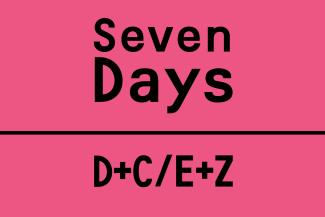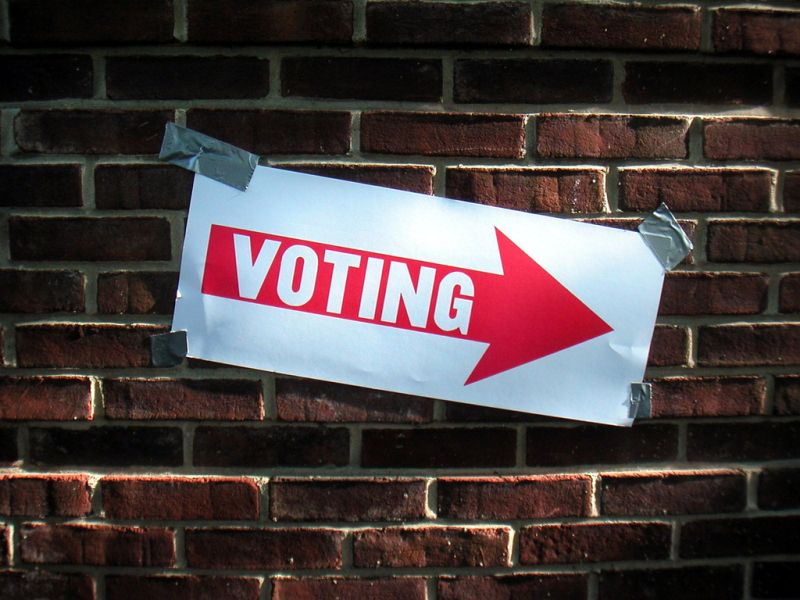In brief
News of the week

Djeralar Miankeol sentenced to two years
A court in Chad has sentenced Djeralar Miankeol to two years in prison and a fine of 100,000 CFA franc (around € 1500). Amnesty International considers him a prisoner of conscious. His crime was to condemn corrupt practices by court officers during a radio broadcast. He is a civil-society leader who specialises in land conflicts and recently contributed an essay on the matter to D+C/E+Z: http://www.dandc.eu/en/article/chad-crop-farmers-and-livestock-herders-are-competing-water-and-land-solution-conflict
Amnesty reports that Miankeol is currently at the regional hospital of Moundou where he was admitted on 23 June with severe malaria and typhoid. He needs access to sustained medical care. The international human-rights organisation is running a campaign for his freedom.
BRICS summit overshadowed by China’s stock market turmoil
In view of plunging share prices in China, the summit of the BRICS countries (Brazil, Russia, India, China and South Africa) reaffirmed their joint commitment to cooperate closely in order to boost economic opportunities and create a multipolar world order. The leaders met in Ufa, Russia. They passed an Economic Cooperation Strategy that is meant to make trade between BRICS members easier, for instance by increasing connectivity between institutions and individual persons.
Further progress was made on making the New Development Bank and the Contingency Reserve Arrangement operational. The BRICS are establishing these two new financial institutions with the intention of creating counter-weights to the World Bank and the International Monetary Fund, which are both dominated by western governments. India’s Prime Minister Narendra Modi, who will host next year’s BRICS summit, suggested the group should hold an annual trade fair.
The meeting was overshadowed by China’s stock-market crises. Share prices have come down by a third in the past four weeks, so assets worth about $ 3,500 billion have been erased. Many observers worry that this crash may mark the end of China’s decades of strong economic growth. The Economist newspaper from London, however, argues that such worries are exaggerated as only about 15 % of China’s households’ savings are invested in stocks. In relation to gross domestic product, moreover, China’s stock market is worth much less than those of western nations. Nonetheless, China’s government is facing additional economic and political challenges because of the crash.
Sources: Economic Times, Mail and Guardian, Spiegel-online, The Economist
Vietnam’s communist leader visits US president in Oval Office
Forty years after the end of the Vietnam war, Nguyen Phu Trong, the chairman of the country’s Communist Party met US President Barack Obama in the White House’s Oval Office in Washington. Obama spoke of “a difficult history between our two countries in the 20th century” and added that there were still “significant differences in political philosophy and political systems”. Nonetheless, it is clear that both sides are interested in closer cooperation.
Vietnam is one of the countries involved in the negotiations on forming the Trans-Pacific Partnership. Both Washington and Hanoi eye China’s growing assertiveness in the South China Sea with suspicion, moreover. The two countries resumed normal diplomatic relations 20 years ago.
Source: Voice of America
World Bank assesses social protection
According to the World Bank, 1.9 billion people in more than 130 low- and middle-income countries benefit from social protection schemes. However, only about one third of the world’s poor are said to enjoy the protection of social safety nets. The greatest gaps are in South Asia and sub-Saharan Africa. Safety-net programmes provide cash, services and in-kind support to vulnerable households.
In its recent report “State of safety nets 2015”, the Bank states that safety nets contribute to reducing the number of poor by about eight percent internationally. However, developing countries are said to spend only 1.6 % of GDP on social protection, which is less than they spend on fuel subsidies. The report argues that social safety nets do not only have positive and significant impacts on education, health and food security; they also promote households’ ability to generate income.
Link:
http://www.worldbank.org/en/topic/socialprotectionlabor/publication/state-of-safety-nets-2015
Ebola: ONE demands aid accountability
According to the international civil-society organisation ONE, donor responses to the recent west African Ebola crisis remain largely non-transparent. The lobby group tried to assess to what extent pledges have been fulfilled, but says that matters can hardly be verified. ONE has published a short report on the matter. Its title is: “When losing track means losing lives: accountability lessons from Ebola crisis”. ONE argues that a globally accepted tracking system is needed so donors can be held accountable for the pledges they make.
New momentum for Colombia’s peace talks
On Wednesday, the FARC, the main guerrilla organisation in Colombia’s civil war, declared a new month-long, unilateral cease fire from 20 July on. It had discontinued an earlier unilateral cease-fire in April. A FARC leader said he hoped the cease-fire would lead to a bilateral truce. Colombian President Juan Manuel Santos said he appreciated the cease-fire, but more needs to happen.
On Tuesday, Santos had replaced the top commanders of Colombia’s armed forces. He said the retiring leaders could be proud of their service in the army, air force and navy. They are considered to be anti-insurgent hardliners and accused of complicity in the crimes of right-wing paramilitary outfits. Santos spoke of the challenge to make peace come true in Colombia.
The government and the FARC have been holding peace talks in Cuba for many months. A core issue is how to deal with the crimes of the past. There are perpetrators of atrocities on all sides (http://www.dandc.eu/en/article/commission-seeks-explain-causes-conflict-colombia)
Sources: BBC, Tageszeitung
State of emergency in Tunisia
A week after the brutal terror attack on a tourist resort, the Tunisian government has declared a state of emergency. Moreover, it has also announced plans to build a wall along the Libyan border. The authorities fear that there will be further attacks on the Arab region’s only full-fledged democracy in the future, and Islamist militias are strong in Libya.
Human Rights Watch, the international non-governmental organisation, insists that Tunisia must not suppress the civil liberties of its people: “Imposing a state of emergency does not give the Tunisian government the right to gut basic rights and freedoms.” Tunisian officials say they will respect those rights and the state of emergency serves greater vigilance.
Sources: Al Arabiya, Le Monde
These items were compiled by Hans Dembowski and Rebecca Renz on the basis of international media coverage.











